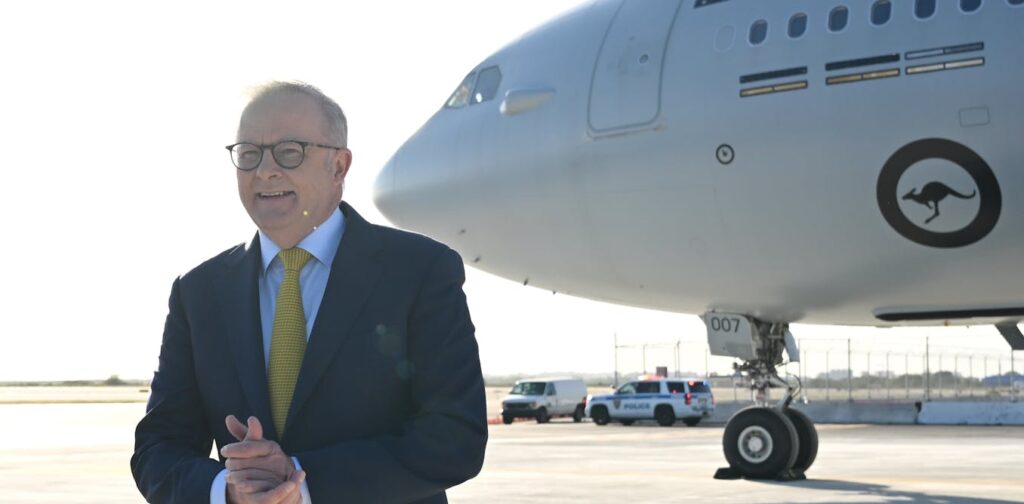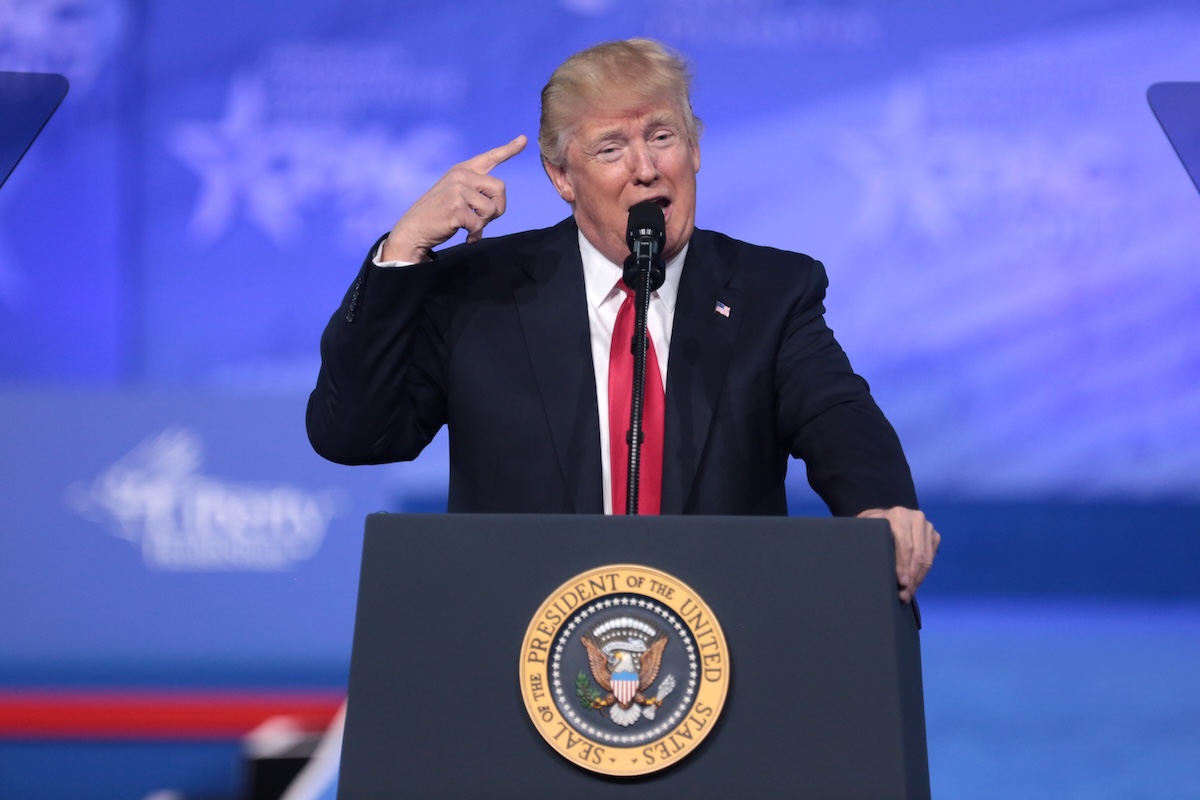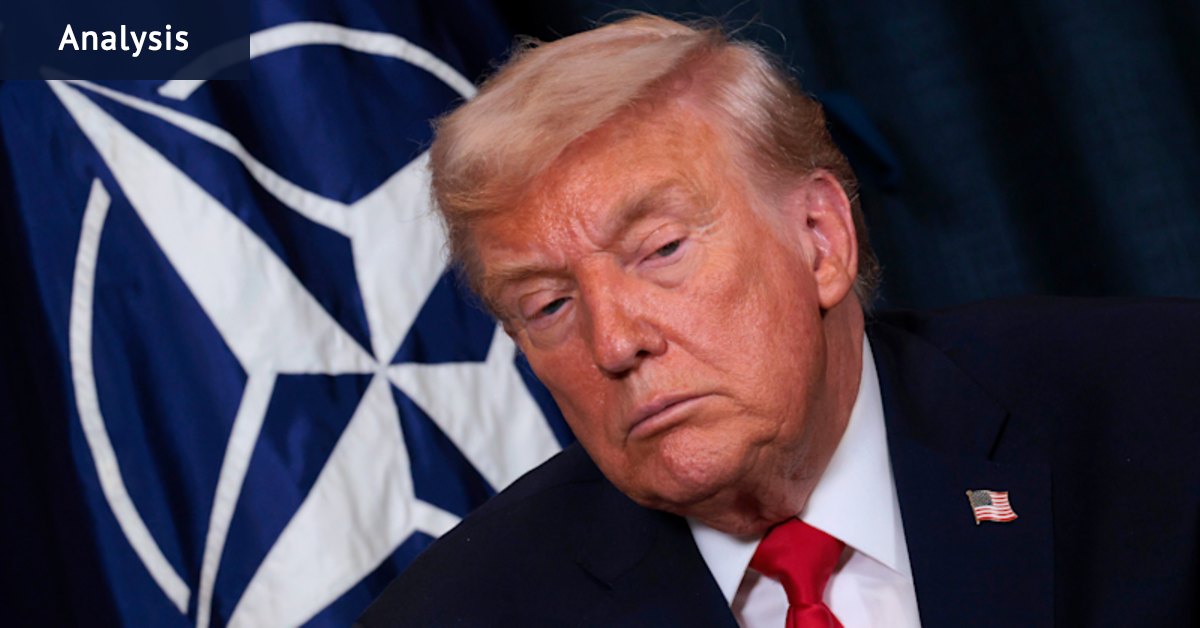
The Albanese government has formally recognized Palestine as an independent state, marking a significant shift in Australia’s foreign policy. Prime Minister Anthony Albanese and Foreign Minister Penny Wong announced the decision on Sunday, aligning with Canada and the United Kingdom in a coordinated effort to revitalize the two-state solution for the Israeli-Palestinian conflict.
The announcement coincided with Albanese’s visit to the United States for the United Nations leaders’ week in New York. While there, the possibility of a formal meeting with U.S. President Donald Trump remained uncertain. The move has sparked controversy, particularly among 25 Republican members of Congress, who condemned the recognition in a letter addressed to Albanese and other international leaders.
International Reactions and Political Backdrop
The Republican letter, also copied to President Trump, warned that Australia’s recognition of Palestine could put the country at odds with long-standing U.S. policy and might lead to punitive measures. The Republicans criticized the decision as a “reckless policy that undermines prospects for peace,” urging leaders to reconsider, especially given Hamas’s ongoing actions against Israel.
In response, Albanese and Wong emphasized that the recognition reflects Australia’s commitment to a two-state solution, which they view as the only sustainable path to peace and security for both Israelis and Palestinians. They highlighted the Palestinian Authority’s renewed commitment to recognizing Israel’s right to exist and their promises to hold democratic elections and undertake significant reforms.
“Today’s act of recognition reflects Australia’s longstanding commitment to a two-state solution, which has always been the only path to enduring peace and security for the Israeli and the Palestinian peoples,” Albanese and Wong stated.
Regional Implications and Future Prospects
Israeli Prime Minister Benjamin Netanyahu, also present in New York, vehemently opposed the recognition, declaring that there would be no Palestinian state west of the Jordan River. Netanyahu criticized the decision as rewarding terrorism and reiterated his stance against the establishment of a Palestinian state, citing security concerns and past efforts to prevent such developments.
“You are rewarding terror with an enormous prize. And I have another message for you: It’s not going to happen,” Netanyahu asserted.
Netanyahu’s comments underscore the deep-seated tensions and complex dynamics that continue to challenge peace efforts in the region. His statement also highlighted the expansion of Jewish settlements in Judea and Samaria, signaling Israel’s ongoing strategy in the disputed territories.
Expert Opinions and Historical Context
Experts note that Australia’s recognition of Palestine is a bold diplomatic move that could influence other nations’ policies. Dr. Emily Landau, a Middle East policy analyst, remarked that such recognitions can serve as catalysts for renewed dialogue, although they also risk escalating tensions.
Historically, the Israeli-Palestinian conflict has seen numerous attempts at mediation, with varying degrees of success. The Oslo Accords in the 1990s marked a significant milestone, yet subsequent efforts have struggled amid political and territorial disputes.
By the Numbers: According to a 2022 survey by the Pew Research Center, 53% of Australians supported the recognition of Palestine as a state, reflecting a shift in public opinion towards a more balanced approach in the Middle East.
Looking Ahead: Diplomatic Challenges and Opportunities
As Australia navigates this new diplomatic landscape, the focus will be on how the Palestinian Authority fulfills its commitments. The potential establishment of diplomatic relations and embassies hinges on progress in governance, financial reforms, and education within Palestine.
Meanwhile, Albanese’s visit to the United Nations includes addressing the General Assembly and engaging in discussions on global climate issues and Australia’s proposed social media regulations for young people. These talks may offer further opportunities to reinforce Australia’s international standing and diplomatic initiatives.
The recognition of Palestine by Australia, Canada, and the United Kingdom could set a precedent for other nations, potentially reshaping geopolitical alliances and strategies in the Middle East. As the situation unfolds, the international community will be closely watching for any developments that could either advance or hinder the long-sought peace in the region.







